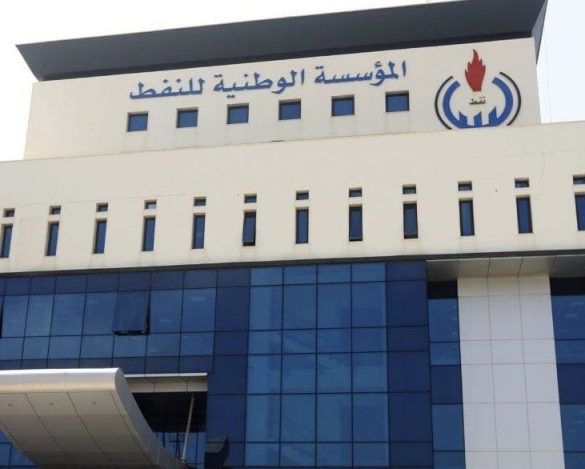KEY POINTS
- Honeywell study shows strong case for upgrading Libya’s Zawia refinery.
- NOC says modernization could cut petrol imports and subsidy costs.
- Officials stress timely refinery maintenance to avoid costly shutdowns.
A proposal from Honeywell UOP is being investigated by Libya’s state-run National Oil Corporation, NOC. It has the potential to change the fuel supply chain in the nation, cut expensive subsidies, and lessen dependency on imported gasoline.
During a high-level meeting in Tripoli this week, the NOC said it examined the economic feasibility study for the Zawia Oil Refining Company conducted by a U.S. engineering firm.
According to those who were briefed on the discussions, the study indicated that there was a high chance of upgrading the refinery to meet a significant amount of Libya’s domestic fuel needs.
The results were characterized as “encouraging” by executives from the NOC and the Zawia refinery, who pointed out that modernization would help stabilize supplies and lower the government’s high cost of subsidized gasoline imports.
NOC aims to curb subsidy drain and boost refinery reliability
In order to make up for the limited output of its aging refineries, Libya spends billions annually subsidizing fuel, much of which is imported from overseas.
A revived Zawia plant, according to officials, could help buck that trend and save state coffers much-needed money as the government balances reconstruction priorities with a precarious postwar economy.
In order to prevent expensive shutdowns, the Tripoli meeting also underlined the significance of prompt maintenance throughout Libya’s refining network. Many of Libya’s refineries were constructed decades ago, and they have long been underinvested in and occasionally damaged by war and power struggles. Despite having enormous crude reserves, this has made the OPEC member reliant on imports.
Energy companies all over the world have received advice on refinery optimization and efficiency improvements from Honeywell UOP, a division of Honeywell International. After years of isolation, its participation in Zawia is viewed as a component of a larger attempt by Libyan authorities to draw in foreign technical expertise.
The study will serve as the foundation for future talks between the NOC, the refinery’s management, and possible foreign partners, although officials did not reveal investment amounts or a schedule for potential upgrades.
For Libya, where fuel smuggling and subsidy leakage are persistent drains on public resources, the modernization of Zawia could prove critical. “The message is clear,” one NOC official said after the meeting. “We must stop pouring scarce dollars into imports and start meeting demand at home.”



